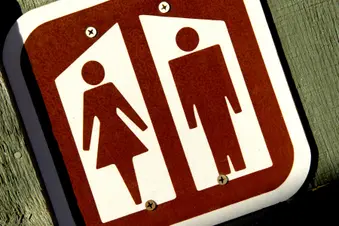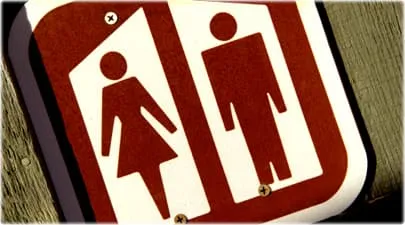Quiz: Is My Pee Normal? Test Your Urine Knowledge


Question 1/16
Most people get up during the night to pee.
- True
- False
Question 2/16
Why does asparagus make your pee smell?
- It's high in fiber
- It's grown in acidic dirt
- It's the way your body breaks it down
Question 3/16
You need to drink eight glasses of water a day to keep your bladder happy.
- True
- False
Question 4/16
If your pee is pink, you should call the doctor. Cloudy pee may be a sign of infection.
- True
- False
Question 5/16
Urine is germ-free.
- True
- False
Question 6/16
There's no such thing as a shy bladder.
- True
- False
Question 7/16
If you "hold it" for too long you could get:
- A bladder infection
- A yeast infection
- Kidney stones
Question 8/16
Going to the bathroom a lot could be a sign of:
- Diabetes
- Dehydration
- A hormonal imbalance
Question 9/16
How often do most people go to the bathroom?
- Three or four times a day
- Six to eight times a day
- After every meal
- 10 or more times a day
Question 10/16
Men don't get urinary tract infections (UTIs).
- True
- False
Question 11/16
You can prevent a urinary tract infection (UTI) by drinking cranberry juice.
- Yes
- No
- Maybe
Question 12/16
Peeing after sex may help a woman avoid a UTI.
- True
- False
Question 13/16
If it hurts when you pee, it could be a sign of:
- A urinary tract infection
- A sexually transmitted disease
- Both
Question 14/16
If you pee a little when you sneeze, what may help?
- Losing weight
- Not drinking as much
- Going to the bathroom more often
Question 15/16
Drinking coffee or beer really makes you pee more.
- True
- False
- It depends
Question 16/16
The sound of water makes me have to pee. Is that normal?
- Normal
- Maybe not
- Not normal
